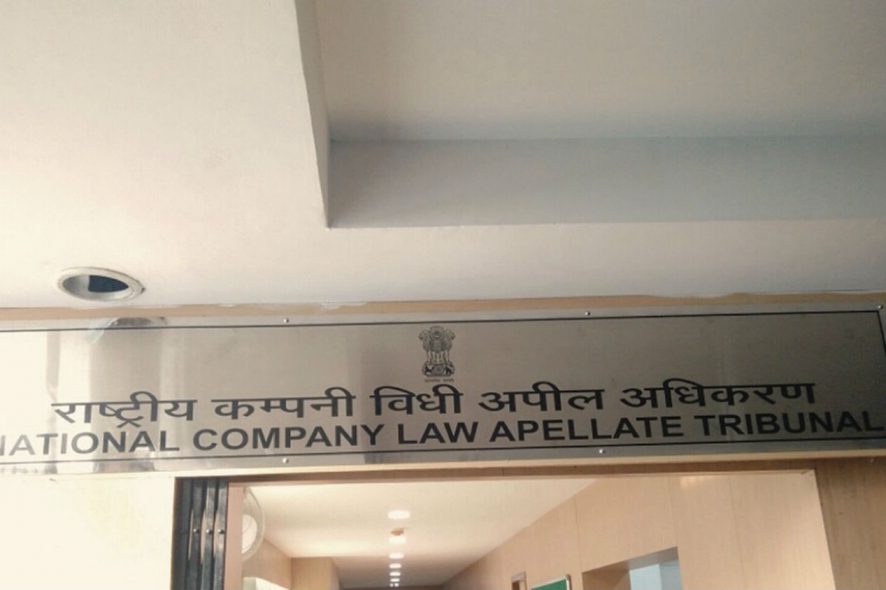National Company Law Appellate Tribunal (NCLAT): A two-member bench comprising of Justice S.J. Mukhopadhaya, Chairperson and Justice Bansi Lal Bhat, Member (Judicial) passed orders at the stage of admission of appeals filed by Cyrus Investments against the judgment of National Company Law Tribunal, Mumbai whereby it dismissed appellant’s applications filed under Sections 241 and 242 of the Companies Act, 2013 alleging oppression and mismanagement on the part of the respondents.
At the stage of admission of the appeal, the appellant prayed for an interim order of stay on the conversion of the respondent – ‘Tata Sons Ltd.’ from a public limited company to a private limited company. The appellant submitted that Tata Sons was a public limited company. It cannot convert into a private limited company without amending its Articles of Association which is subject to approval of National Company Law Tribunal, as mandated by Section 14. The question which arose for consideration was whether Section 14 was applicable to the case of Tata Sons? The respondent made submissions to support its stand that it was actually a private company all along.
The Appellate Tribunal considered the submissions made by both the parties and did not find any plausible ground to stop the conversion of Tata Sons to a private limited company. While reaching this conclusion, the Appellate Tribunal appraised itself of the following facts (as submitted by the respondent):
- Tata Sons was incorporated as a private company in 1917. It continued to remain so under the Companies Act, 1956.
- Articles of Association of Tata Sons contained three restrictions which are applicable to private companies in terms of Section 3(1)(iii) of the Companies Act, 1956.
- Appellant became shareholder of Tata Sons when it was a private company.
- Companies (Amendment) Act, 1974 amended Section 43-A which provides that if average annual turnover of a private company exceeds a prescribed amount, than it would be a deemed public company. Proviso thereto also provides that even after becoming a deemed public company, such company can retain matters specified in Section 3(1)(iii) in its Articles of Association.
- Tata Sons being such a company, became a deemed public company while retaining the characteristics of a private company in terms on Section 3(1)(iii).
- Tata Sons continued as a hybrid company; the word hybrid denoting essentially a private company exhibiting all the restrictions of Section 3(1)(iii), which however, is a deemed public company on account of, inter alia, excess annual turnover.
- In Darius Rutton v. Kavasmaneck Gharda Chemicals Ltd., (2015) 14 SCC 277 the Supreme Court held that the concept of hybrid companies was not abolished by the Companies (Amendment) Act, 2000.
The Appellate Tribunal found favour with respondent’s submission that Articles of Association of Tata Sons continued to be aligned with the definition of a private company; and therefore, there was no requirement to file an application under Section 14 of Companies Act, 2013. However, at the same time, Tata Sons was directed not to take steps in terms of its Article 75 and force the appellant to transfer its shares as the appeal was pending and such action could affect the merits of the appeal because in such a situation, the respondent would cease to be members of the respondent. The appeal is posted for hearing on September 24, 2018, at 2:00 pm. [Cyrus Investments (P) Ltd. v. Tata Sons Ltd., Company Appeal (AT) No. 254 of 2018, dated 24-08-2018]







